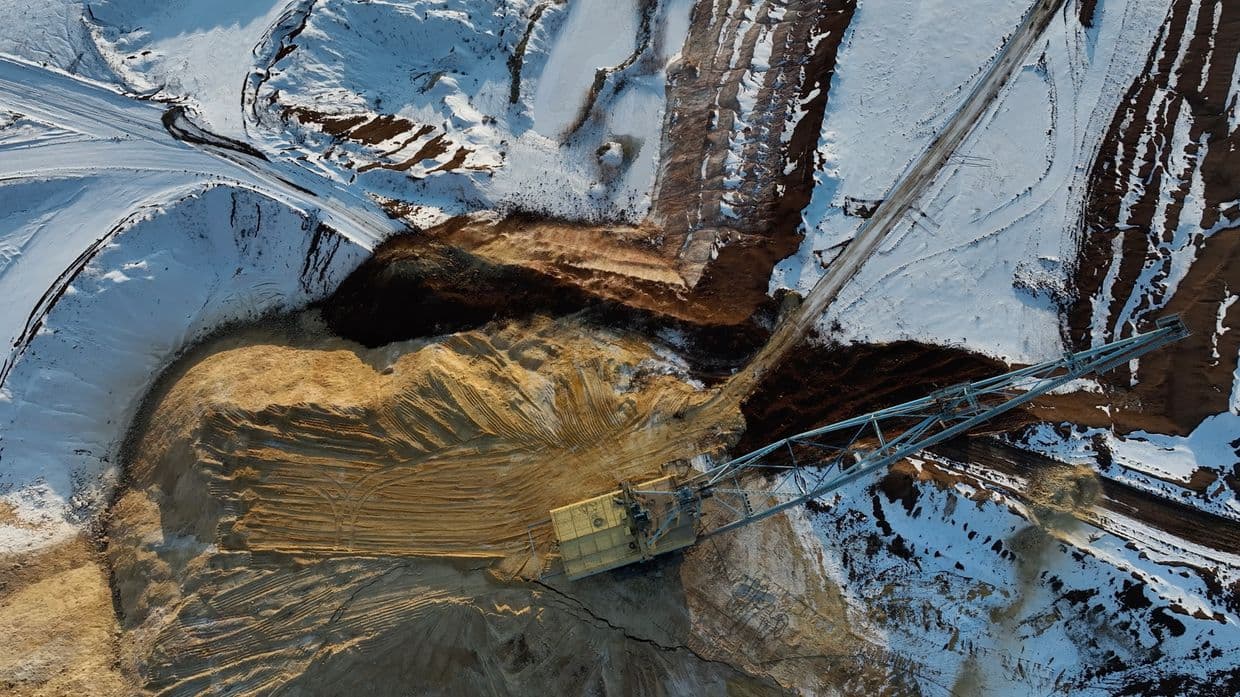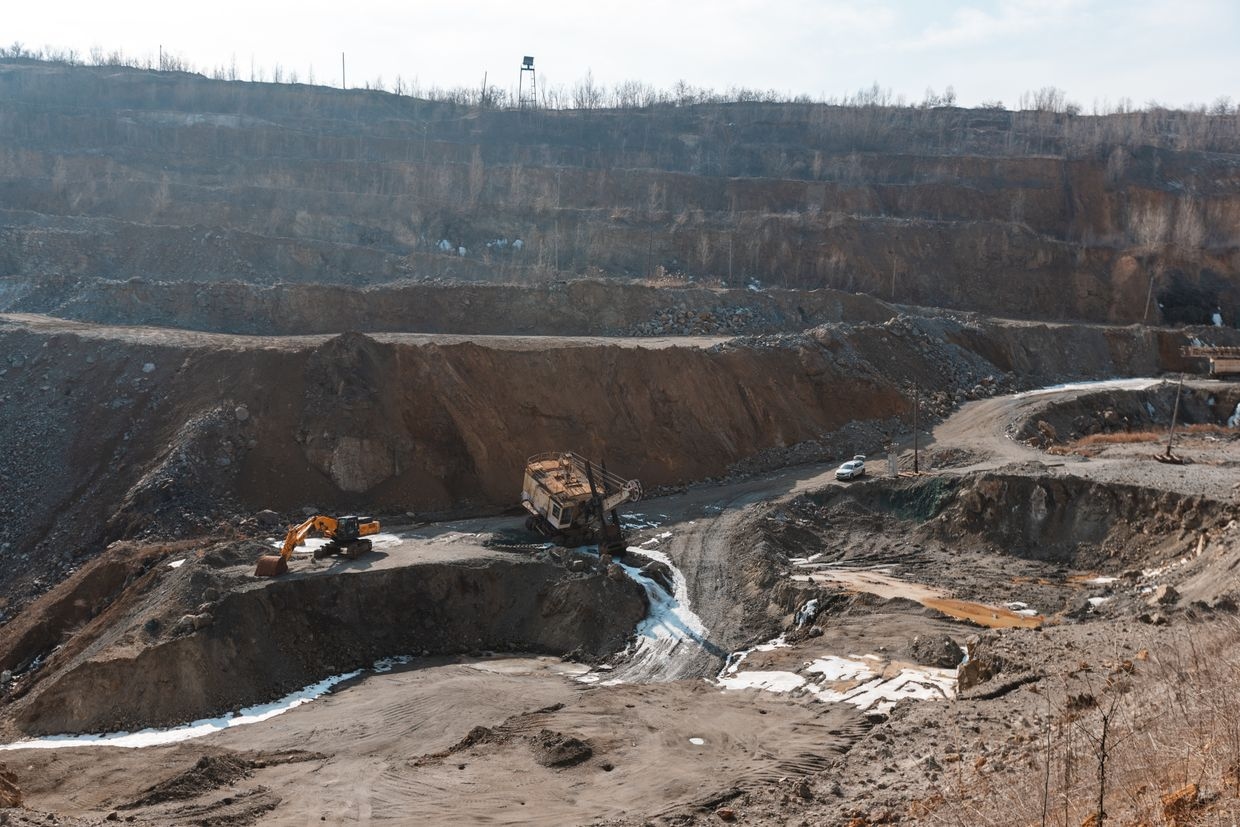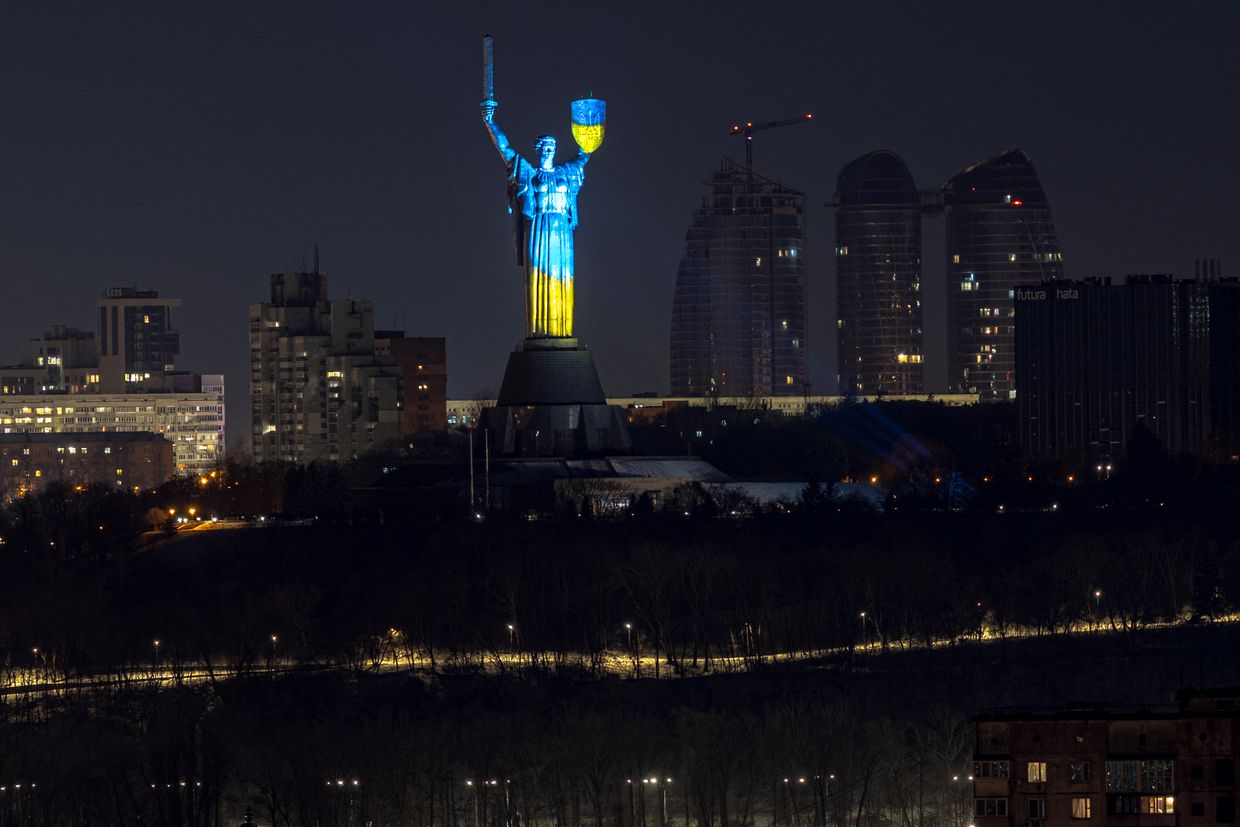Russia seizes Ukraine’s most valuable lithium deposits, but US minerals deal not at risk, investor says

Russian troops have taken over the site of one of Ukraine’s most valuable lithium deposits near the village of Shevchenko, Donetsk Oblast, as Russia ramps up its summer offensive.
While Ukrainian troops control territories near the site, the deposit is now under Russian occupation, Roman Pohorilyi, founder of open-source mapping project Deep State Map, told the Kyiv Independent.
Ukraine's military said its forces are continuing to fight around the village, with Ukrainian forces on the western outskirts and Russian forces on the eastern side, Viktor Trehubov, the spokesperson for Ukraine's Khortytsia group of forces, told the Kyiv Independent. The untapped 40-acre plot lies less than two kilometers east of the village.
“There are active hostilities. They are ongoing across the entire section, across all of the Novopavlivka (front),” Trehubov said.
Lithium, used in electric vehicle batteries, is one of the key critical raw materials highlighted by the U.S. in the agreement that was signed on April 30.
The reported Russian takeover of the deposits comes just two months after Ukraine signed a landmark critical minerals agreement with the U.S. to attract investment to the war-torn country, particularly to its strategic resources, including its untapped lithium reserves.
But despite Ukraine's apparent loss of the deposit, it is unlikely to have an impact on the agreement, Serhii Fursa, deputy managing director at investment firm Dragon Capital, told the Kyiv Independent.
“It was obvious that it was under huge risk of occupation and nobody assumed it would be a good asset for any kind of deal,” Fursa said.
The Kyiv Independent reached out to Ukraine's Ecology Ministry to confirm the site had been taken, but the ministry did not return the request for comment by the time of publication. The Economy Ministry also did not reply to a request for comment on the economic fallout of losing the deposits.
Ukraine now has only two out of four lithium deposits left, both in central Ukraine. Russian forces occupied the Kruta Balka deposit in Zaporizhzhia Oblast in the first year of the full-scale invasion.

Lithium, used in electric vehicle batteries, is one of the key critical raw materials highlighted by the U.S. in the agreement that was signed on April 30. Kyiv initially wanted Washington to promise security guarantees as part of the deal, but after protracted negotiations that threatened to tarnish U.S.-Ukraine relations, guarantees were not included.
Kyiv is planning to open up the large Dobra lithium field in central Ukraine, containing between 80-105 million metric tons of lithium ore, to private investors, marking the first project under the agreement.
The Shevchenko deposit is smaller, with an estimated volume of 11 to 14 million tons of ore, according to the mining company European Lithium, which previously held the license to mine the deposit. The ore is unique in Ukraine as it contains 90% spodumene, a mineral rich in lithium, making it easy to extract.
European Lithium never mined the Shevchenko deposit and in 2023 said it no longer laid claim to it, citing its proximity to the front line.
Initially, Russia claimed to have captured Shevchenko as clashes intensified in the region amid Russia’s summer offensive on June 26. The following day, the New York Times reported that the lithium deposit had been captured, although Khortytsia told the Kyiv Independent that Russian forces had not yet captured the village.
Ukraine is one of the few European countries to have high deposits of lithium and holds one-third of the European Union's reserves and approximately 3% of global lithium reserves, according to the Kyiv School of Economics.
Demand for lithium is growing, with Australia and China topping the list of producers.














